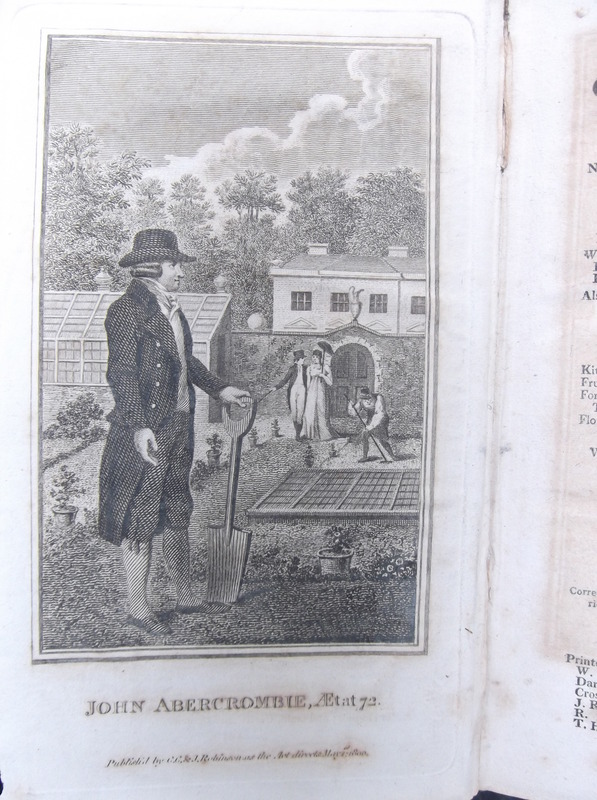|
|

Photo courtesy of Andrew from Dolton
Rose and clematis Author
Listing last updated on Sat Apr 2025
[From "A Dictionary of Biography" by Richard Alfred Davenport, Exeter 1842, p. 5:] "ABERCROMBIE, John, a horticulturist, was the son of a person of the same profession, near Edinburgh. At the age of eighteen he came to London, and was employed in one of the royal gardens. He died in 1806, aged eighty. Various works on gardening were published by him; but the most popular is the Gardener’s Calendar, which was originally given to the world as the production of Mr. Mawe, who was at that time better known to the public than the real author was."
[From "The Edinburgh Encyclopaedia", Vol. X, 1832, p. 534:] "From the middle to the end of the 18th century, one of the most popular and useful writers on horticultural subjects was John Abercrombie, who, either from diffidence or some other motive, at first published his writings under the borrowed name of Thomas Mawe. It is said he was patronized and encouraged by the celebrated Dr Oliver Goldsmith. He was the son of a market-gardener near Edinburgh, and had gone into England when a young man, and after acting as a workman for some years at Kew Gardens, had been enabled to begin business as a nurseryman at Hackney. The work entitled “ Every Man his own Gardener” has passed through at least twenty editions. This is formed on the plan of a calendar, containing practical instructions under detached monthly heads. Before his death, which happened in 1806, he had prepared another work, entitled “ The Practical Gardener,” in which the systematic method is adopted, of connecting under one article every thing relative to the culture of the same plant. This last has been published in the form of a thick duodecimo volume. He wrote also, “The British Fruit-Gardener,” “The complete Forcing Gardener,” and “The Complete Kitchen Gardener, and Hot-bed Forcer,” and still other books of similar import. It is perhaps to be regretted, that he was induced by booksellers to multliply his publications so much, this circumstance having terided to bring upon him the imputation of bookmaking, and to excite some degree of prejudice against him. In point of fact, however, he understood the business of gardening extremely .well, and his writings altogether_.afl'ord a very complete view of horticultural operations."
|